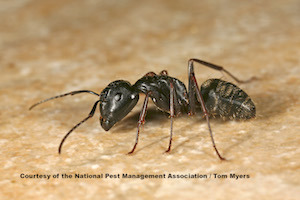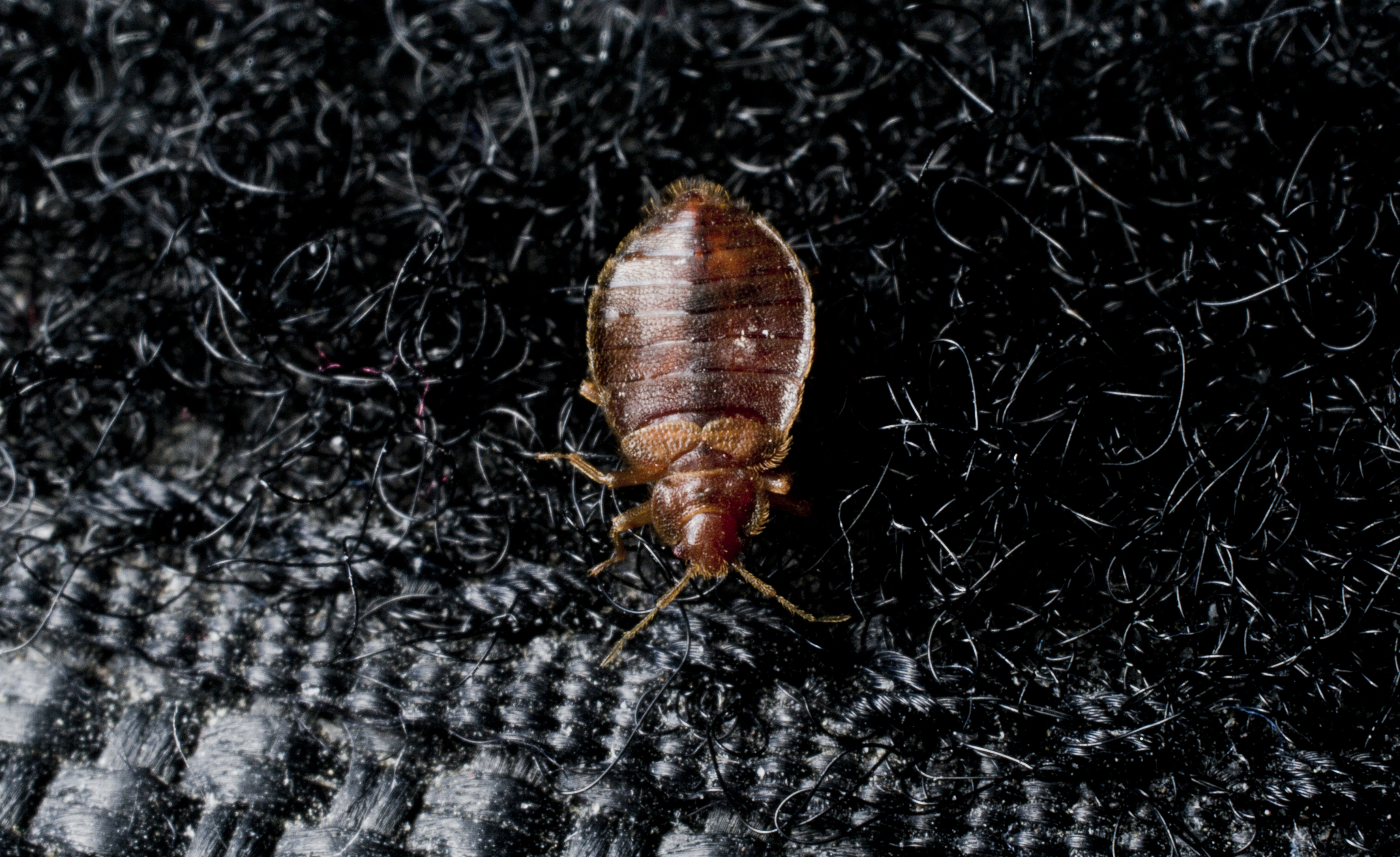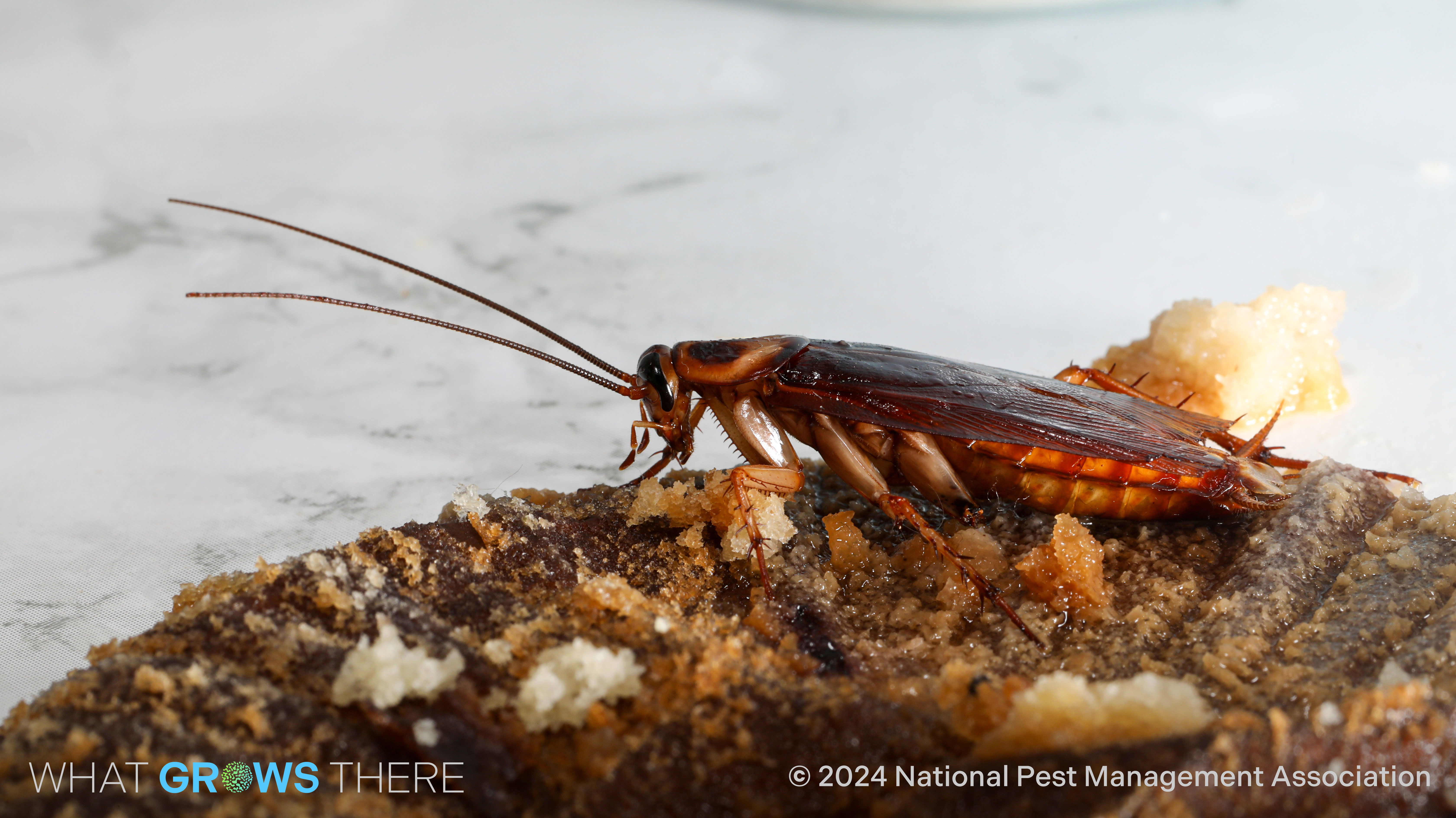Talk About Insects Making Your Skin Crawl
Allergens and Pests
I first thought that “Insects make my skin crawl!” was just an expression. I mean, please say it isn’t really so, right?
Well, I am sorry to say that in some cases it is actually true!
In fact, cockroach allergy was first reported in 1943, when it was noted that certain patients developed skin rashes immediately after the insects crawled over their skin. Later, allergy skin tests were developed in 1959, which confirmed patients’ cockroach allergies. Unfortunately, most cockroach allergies are more common and potentially more life threatening than a skin rash reaction. Subsequent studies have firmly established that cockroach allergens can act as a trigger for acute asthma attacks.
While some people are born with the tendency to have allergic responses, others acquire the tendency as they grow older. However, this predisposition to make allergic reactions is only half the story in asthma. The other half involves exposure to those things that can elicit an allergic reaction – the “asthma triggers.”
Thus, cockroaches and other household pests have important negative consequences for public health. as certain proteins (called allergens) found in their feces, saliva and body parts can cause allergic reactions or trigger asthma symptoms.
The Asthma and Allergy Foundation of America (AAFA) reports that 78 to 98 percent of American urban homes have cockroaches, and nearly all allergists surveyed (97 percent) believe a pest-free home is an important step in preventing asthma and allergy symptoms.
As a case and point, it has been found that asthmatic children with cockroach allergies and exposure to cockroach allergen are more likely to have wheezing, missed school days, nights without sleep, unscheduled medical visits and hospitalizations for asthma. Not surprisingly, 95 percent of survey allergists regularly advise their patients to reduce their exposure to pest allergens in their homes. They rank dust mites/cockroaches, rodents, and stinging insects number one, two and three as the most problematic household pests for patients suffering from asthma or allergies. And, in fact, 9 out of 10 allergists surveyed (90 percent) would recommend that a patient with a pest problem consult with a pest management professional.
Thus, seeking professional advice for controlling allergies and asthma is a two-fold process. It is important for a person suffering from these symptoms to see his or her doctor. It is equally important to contact a licensed pest professional to recommend a course of action to eliminate the problem triggering the attacks. This dual tract process is the best way to combat exposures to asthma allergens and reduce the frequency and severity of asthma attacks.

Learn About Ants
Ants are a common pest homeowners struggle to eradicate. Learn more about them!

Bed Bug Pest Guide
Traveling for the holidays this year? Be sure to keep an eye out for bed bugs! Use our Pest Guide to help identify this pest.

NPMA's What Grows There? Project
Check out NPMA's What Grows There? project to learn how pests, such as flies, cockroaches and rodents, can spread germs throughout a home.
Find a PEST PRO in your area

Learn About Ants
Ants are a common pest homeowners struggle to eradicate. Learn more about them!

Bed Bug Pest Guide
Traveling for the holidays this year? Be sure to keep an eye out for bed bugs! Use our Pest Guide to help identify this pest.

NPMA's What Grows There? Project
Check out NPMA's What Grows There? project to learn how pests, such as flies, cockroaches and rodents, can spread germs throughout a home.
